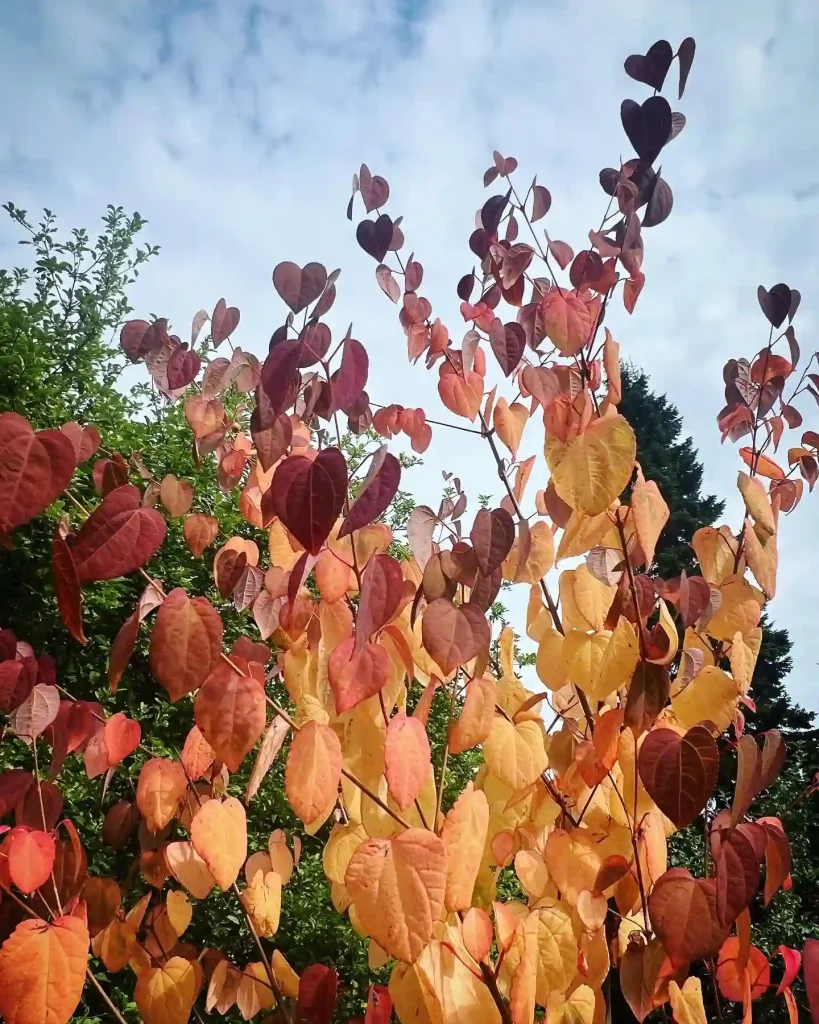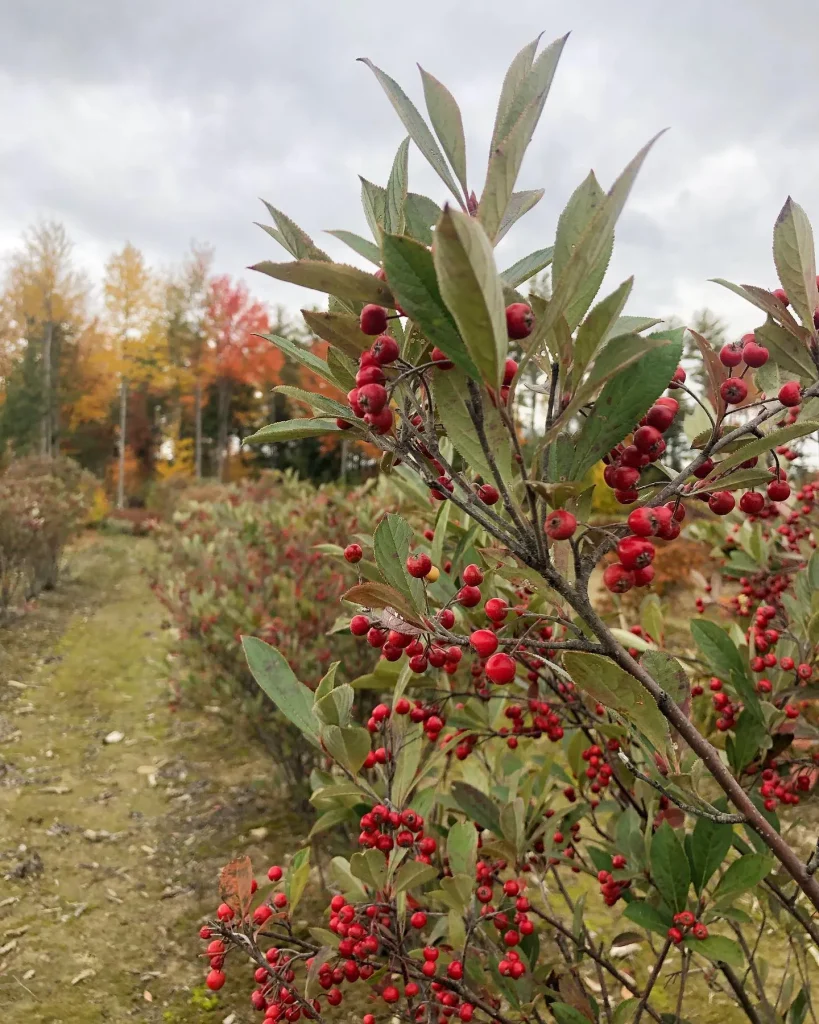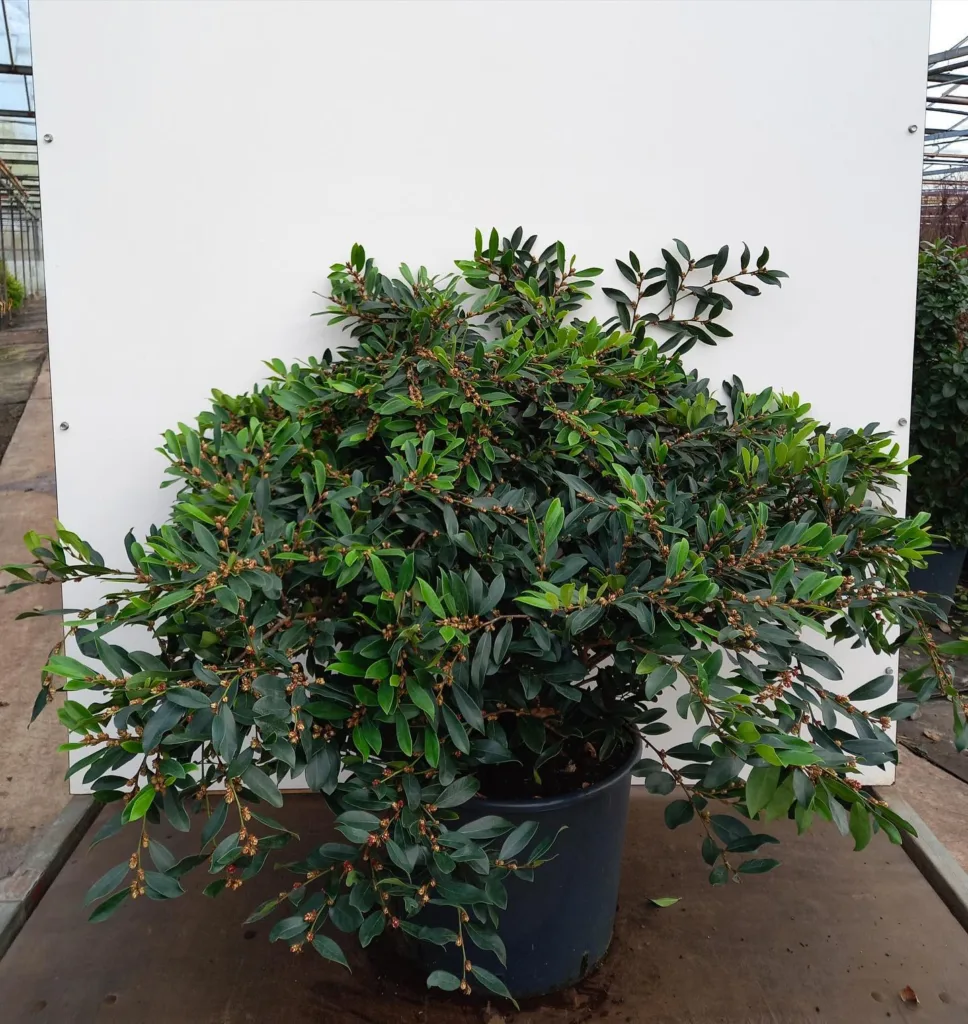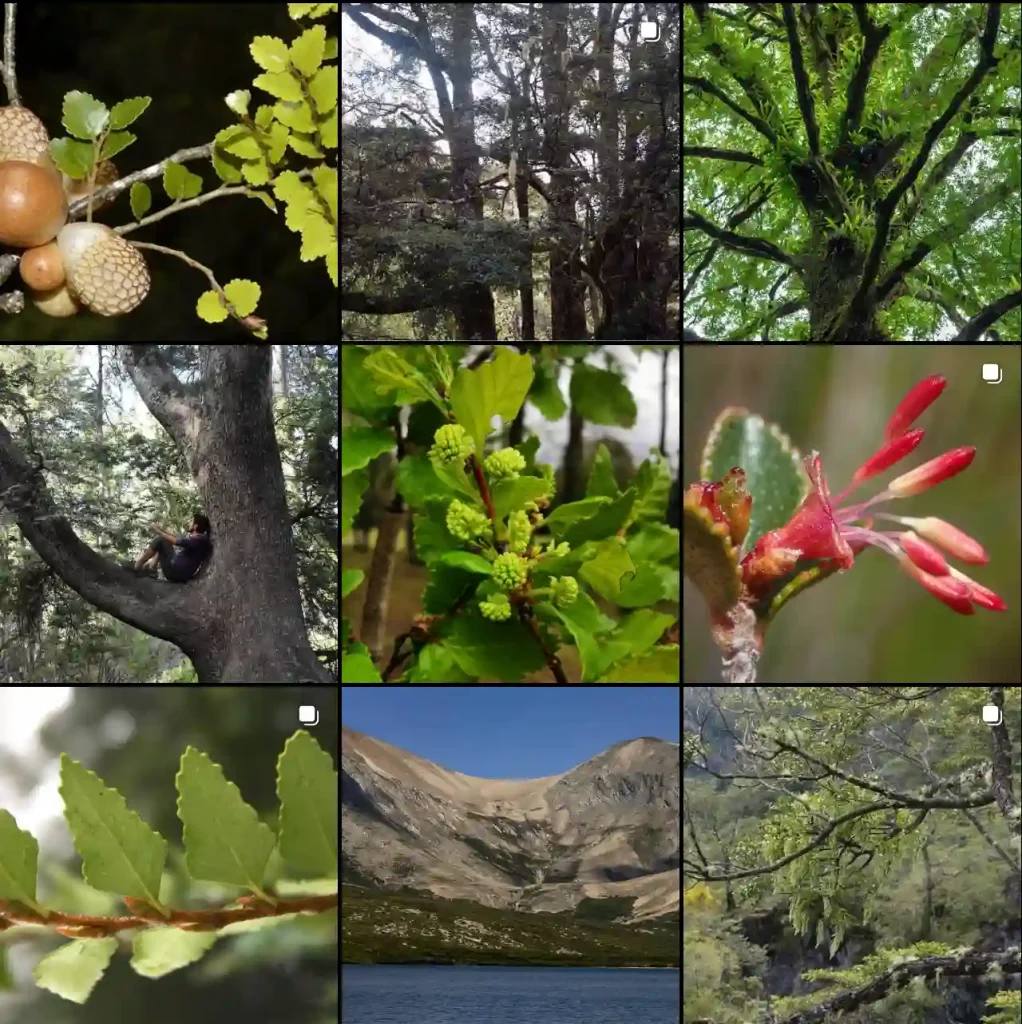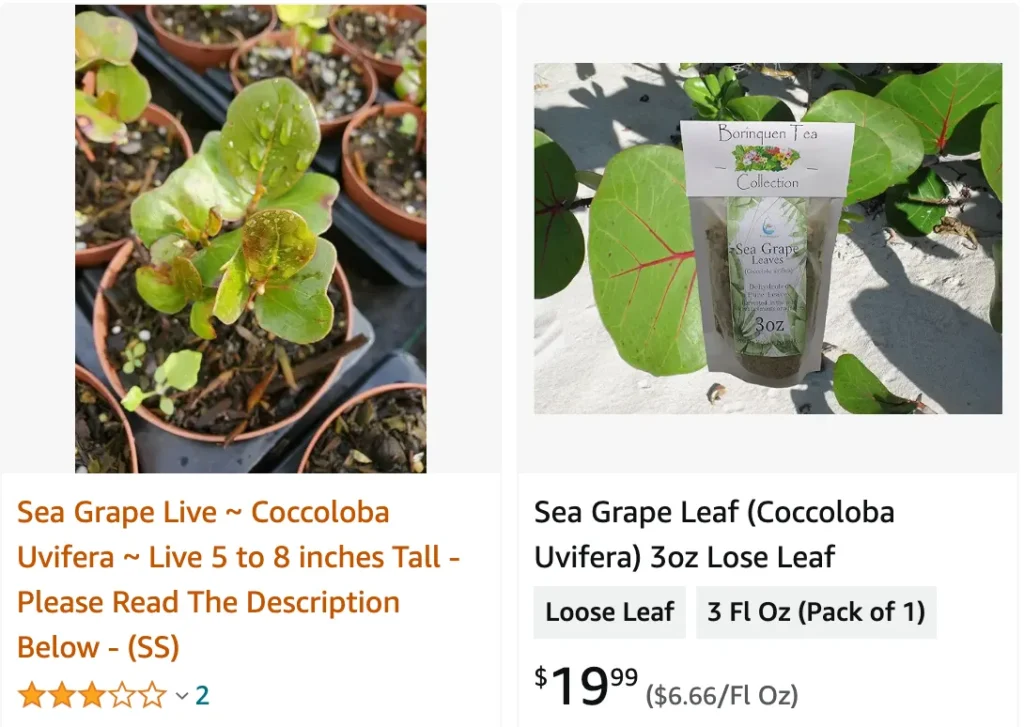
November 17 – Coccoloba
"Coccoloba, the sea grape, defines November 17."
Coccoloba symbolizes strength and resilience. Much like this hardy plant that thrives along coastal regions, you have an ability to endure and adapt to any environment. With your grounded presence and steadfast nature, you bring stability to those around you, offering support when needed most. Like its broad leaves, your influence is expansive, touching many lives with your steady and enduring qualities.
Coccoloba: A Deep Dive with Ferb Vu
The world of botany is a vast and fascinating one, filled with an incredible diversity of plant life. As a plant enthusiast, I, Ferb Vu, am always eager to explore new genera and learn about their unique characteristics. One genus that has particularly captured my attention is Coccoloba. This diverse group of plants, belonging to the Polygonaceae family, boasts a rich variety of species with intriguing features and ecological significance.
What is Coccoloba?
Coccoloba is a genus of flowering plants native to the tropical regions of the Americas, including the Caribbean, South America, and Central America. The genus encompasses a wide array of growth habits, including trees, shrubs, and lianas. They are typically characterized by their alternate leaves, which can vary significantly in size and shape depending on the species and the age of the plant. Some species, like Coccoloba gigantifolia, are renowned for having some of the largest leaves in the plant kingdom!
One of the most striking features of many Coccoloba species is their fruit. These often resemble grapes and can range in color from white and green to red and purple. These fruits are not only visually appealing but also play a crucial role in the ecosystem, serving as a food source for various animals, including birds and mammals.
A Diverse Genus: Coccoloba Species
The genus Coccoloba is incredibly diverse, with an estimated 179 species. This extensive list includes a variety of plants, each with its unique features and adaptations:
- Coccoloba acapulcensis Standl.
- Coccoloba acrostichoides Cham.
- Coccoloba acuminata Kunth
- Coccoloba acuna R.A.Howard
- Coccoloba alainii Acev.-Rodr.
- Coccoloba albicans Ekman
- Coccoloba alnifolia Casar.
- Coccoloba arborescens (Vell.) R.A.Howard
- Coccoloba argentinensis Speg.
- Coccoloba armata C.Wright ex Griseb.
- Coccoloba ascendens Duss ex Lindau
- Coccoloba baracoensis O.C.Schmidt
- Coccoloba barbadensis Jacq.
- Coccoloba barkeri Ekman & O.C.Schmidt
- Coccoloba belizensis Standl.
- Coccoloba benitensis Britton
- Coccoloba berazainiae I.Castañeda
- Coccoloba boxii Sandwith
- Coccoloba brasiliensis Nees & Mart.
- Coccoloba buchii O.C.Schmidt
- Coccoloba bullata R.A.Howard
- Coccoloba caesia Ekman ex O.C.Schmidt
- Coccoloba caracasana Meisn.
- Coccoloba caravellae Sastre & Fiard
- Coccoloba ceibensis O.C.Schmidt
- Coccoloba cereifera Schwacke
- Coccoloba charitostachya Standl.
- Coccoloba chiapensis Standl.
- Coccoloba cholutecensis R.A.Howard
- Coccoloba clementis R.A.Howard
- Coccoloba colombiana R.A.Howard
- Coccoloba conduplicata Maguire
- Coccoloba cordata Cham.
- Coccoloba coriacea A.Rich.
- Coccoloba coronata Jacq.
- Coccoloba costata C.Wright
- Coccoloba cowellii Britton
- Coccoloba cozumelensis Hemsl.
- Coccoloba cristalensis (Alain) I.Castañeda
- Coccoloba cruegeri Lindau
- Coccoloba cujabensis Wedd.
- Coccoloba darienensis R.A.Howard
- Coccoloba declinata (Vell.) Mart.
- Coccoloba densifrons Mart. ex Meisn.
- Coccoloba diversifolia Jacq.
- Coccoloba dussii Lindau
- Coccoloba efigeniana J.J.Ortiz-Diaz & J.J.Ancona
- Coccoloba escuintlensis Lundell
- Coccoloba excelsa Benth.
- Coccoloba fallax Lindau
- Coccoloba fastigiata Meisn.
- Coccoloba fawcettii O.C.Schmidt
- Coccoloba filipes Standl.
- Coccoloba flavescens Jacq.
- Coccoloba floresii Ortiz-Díaz & Arnelas
- Coccoloba floribunda (Benth.) Lindau
- Coccoloba fuertesii Urb.
- Coccoloba gardneri Meisn.
- Coccoloba geniculata Lindau
- Coccoloba gentryi R.A.Howard
- Coccoloba gigantifolia E.Melo, C.A.Cid Ferreira & Gribel – Plant FAQs: Coccoloba Gigantifolia – Giant Sea Grape
- Coccoloba glaziovii Lindau
- Coccoloba goldmanii Standl.
- Coccoloba gracilis Kunth
- Coccoloba grandiflora Lindau
- Coccoloba guanacastensis W.C.Burger
- Coccoloba guaranitica Hassl.
- Coccoloba gymnorrhachis Sandwith
- Coccoloba hirtella Lundell
- Coccoloba hondurensis Lundell
- Coccoloba hotteana O.C.Schmidt
- Coccoloba howardii Castañeda
- Coccoloba humboldtii Meisn.
- Coccoloba × hybrida I.Castañeda
- Coccoloba ibarrae J.J.Ancona & J.J.Ortiz-Diaz
- Coccoloba incrassata Urb.
- Coccoloba × jamaicensis Lindau
- Coccoloba jimenezii Alain
- Coccoloba johnstonii R.A.Howard
- Coccoloba jurgensenii Lindau
- Coccoloba krugii Lindau
- Coccoloba laevis Casar.
- Coccoloba lanceolata Lindau
- Coccoloba lapathifolia Standl.
- Coccoloba lasseri Lundell
- Coccoloba latifolia Poir.
- Coccoloba lehmannii Lindau ex Hieron.
- Coccoloba leoganensis Jacq.
- Coccoloba leonardii R.A.Howard
- Coccoloba liebmannii Lindau
- Coccoloba lindaviana R.A.Howard
- Coccoloba lindeniana (Benth.) Lindau
- Coccoloba liportizii Gómez-Laur. & N.Zamora
- Coccoloba llewelynii R.A.Howard
- Coccoloba longifolia Fisch. ex Lindau
- Coccoloba longipes S.Moore
- Coccoloba lucidula Benth.
- Coccoloba × lundellii Standl.
- Coccoloba manzinellensis Beurl.
- Coccoloba meissneriana (Britton) K.Schum.
- Coccoloba microphylla Griseb.
- Coccoloba microstachya Willd.
- Coccoloba mollis Casar.
- Coccoloba montana Standl.
- Coccoloba mosenii Lindau
- Coccoloba munizii Borhidi
- Coccoloba nervosa Alain
- Coccoloba nicaraguensis Standl. & L.O.Williams
- Coccoloba nigrescens Lindau
- Coccoloba nipensis Urb.
- Coccoloba nitida Kunth
- Coccoloba nodosa Lindau
- Coccoloba northropiae Britton
- Coccoloba nutans Kunth
- Coccoloba obovata Kunth
- Coccoloba obtusifolia Jacq.
- Coccoloba ochreolata Wedd.
- Coccoloba oligantha Alain
- Coccoloba orinocana R.A.Howard
- Coccoloba ortizii R.A.Howard
- Coccoloba ovata Benth.
- Coccoloba padiformis Meisn.
- Coccoloba pallida C.Wright ex Griseb.
- Coccoloba paraensis Meisn.
- Coccoloba paraguariensis Lindau
- Coccoloba pauciflora Urb.
- Coccoloba peltata Schott
- Coccoloba persicaria Wedd.
- Coccoloba peruviana Lindau
- Coccoloba picardae Urb.
- Coccoloba plantaginea Wedd.
- Coccoloba plumieri Griseb.
- Coccoloba porphyrostachys Gómez-Laur.
- Coccoloba portuguesana R.A.Howard
- Coccoloba praecox C.Wright ex Lindau
- Coccoloba proctorii R.A.Howard
- Coccoloba pubescens L.
- Coccoloba pyrifolia Desf.
- Coccoloba ramosissima Wedd.
- Coccoloba reflexa Lindau
- Coccoloba reflexiflora Standl.
- Coccoloba retirensis R.A.Howard
- Coccoloba retusa Griseb.
- Coccoloba rigida Meisn.
- Coccoloba rosea Meisn.
- Coccoloba rufescens C.Wright
- Coccoloba rugosa Desf.
- Coccoloba ruiziana Lindau
- Coccoloba salicifolia Wedd.
- Coccoloba samanensis O.C.Schmidt
- Coccoloba savannarum Standl.
- Coccoloba scandens Casar.
- Coccoloba shaferi Britton
- Coccoloba sintenisii Urb.
- Coccoloba spicata Lundell
- Coccoloba spinescens Morong
- Coccoloba steinbachii R.A.Howard
- Coccoloba sticticaulis Wedd.
- Coccoloba striata Benth.
- Coccoloba subcordata (Bertero ex DC.) Lindau
- Coccoloba swartzii Meisn.
- Coccoloba taylorii Urb.
- Coccoloba tenuiflora Lindau
- Coccoloba tenuifolia L.
- Coccoloba tiliacea Lindau
- Coccoloba toaensis Alain
- Coccoloba troyana Urb.
- Coccoloba tuerckheimii Donn.Sm.
- Coccoloba tunii Ortiz-Díaz & Arnelas
- Coccoloba uvifera (L.) L. – Plant FAQs: Coccoloba Uvifera
- Coccoloba venosa L.
- Coccoloba warmingii Meisn.
- Coccoloba williamsii Standl.
- Coccoloba wrightii Lindau
- Coccoloba wurdackii R.A.Howard
- Coccoloba yaracuyensis R.A.Howard
- Coccoloba yaterensis I.Castañeda
- Coccoloba zebra Griseb.
- Coccoloba zuliana R.A.Howard
The Importance of Coccoloba
Coccoloba plays a significant role in both the natural environment and human society.
Ecological Importance:
- Food Source: The fruits of many Coccoloba species are a vital food source for a variety of animals, contributing to the biodiversity of their ecosystems.
- Coastal Protection: Species like Coccoloba uvifera help stabilize coastal dunes and protect against erosion, acting as a natural barrier against storms and rising sea levels.
- Habitat Creation: Coccoloba plants provide habitat and shelter for numerous animal species, from insects and birds to small mammals.
Economic and Cultural Importance:
- Ornamental Plants: Many Coccoloba species are cultivated for their ornamental value, adding beauty and interest to gardens and landscapes.
- Timber: Some species, like Coccoloba diversifolia, are valued for their timber, which is used in construction and carpentry.
- Medicinal Uses: Traditional medicine utilizes various parts of Coccoloba plants for their potential health benefits. For example, the bark and leaves of some species have been used to treat ailments like diarrhea and skin infections.
- Food and Beverages: The fruits of some species, particularly Coccoloba uvifera, are consumed fresh or used to make jams, jellies, and even wine.
Conservation of Coccoloba
While some Coccoloba species are relatively common, others face threats due to habitat loss, deforestation, and climate change. It’s essential to prioritize the conservation of these valuable plants to ensure their continued existence and the ecological services they provide. Efforts like habitat restoration, sustainable harvesting practices, and ex-situ conservation (like seed banks) are crucial for protecting these species for future generations.
Exploring the World of Coccoloba
My journey into the world of Coccoloba has been an enriching one. Learning about the diverse array of species, their ecological significance, and their cultural value has deepened my appreciation for the plant kingdom. I’m eager to continue exploring this fascinating genus and contribute to its conservation. Whether you’re a seasoned botanist or simply a plant enthusiast, I encourage you to delve into the world of Coccoloba and discover the wonders it holds.
If i die, water my plants!
